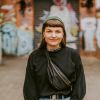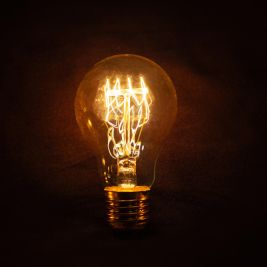
“There can be no science without freedom”
Jacob Beautemps is a science Youtuber. He explains the role that independent research plays for democracy.

Say what you think. Research what you want. Make art the way you like: everyone in Germany has these freedoms, as they form the basis of democracy - and are protected by the country’s Basic Law. Meet young people from Germany who reveal the different ways they experience this freedom.
Solar power, hydrogen-powered aircraft, nuclear fusion: on his channel Breaking Lab the Youtuber Jacob Beautemps explains complex scientific topics in a way that is easy to understand. The 31-year-old studied physics and social science at university to become a teacher, and it was quite a coincidence that he started to work in the area of science communication. “I never had the desire to be in front of a camera,” says Jacob, who worked for a production firm in Cologne when he was a student. “When our YouTube presenter cancelled, I had to go in front of the camera so the channel could keep going.” This temporary solution quickly turned into a passion for communicating scientific content. Jacob is now a successful science Youtuber and speaker, and his goal is to get young people excited about science.
As a society we must learn how to use our media without falling for fake news all the time. This is still a major problem of science communication.
Successful as the “German Science Guy”
Jacob soon realised that his expertise and passion spoke not only to people in Germany but that he could reach people around the world. In addition to his German channel he now also operates an English-language YouTube channel called German Science Guy. With the help of a team that assists him in researching and processing information, he addresses big questions related to the future of energy, mobility and the environment. “Science is global and international. Worldwide networking and cooperation are key to allow for progress,” the Youtuber points out.

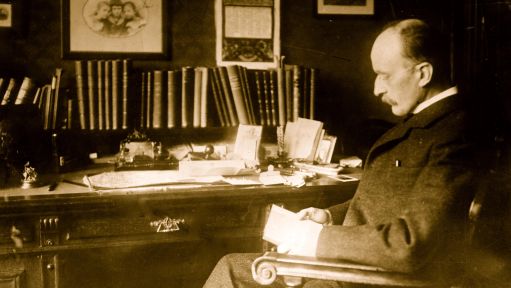
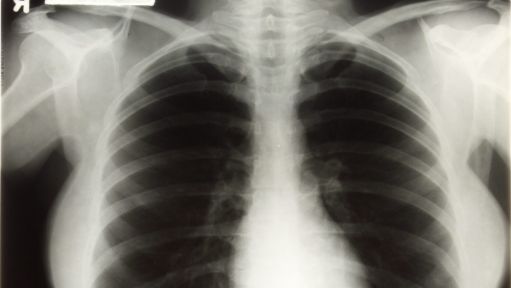
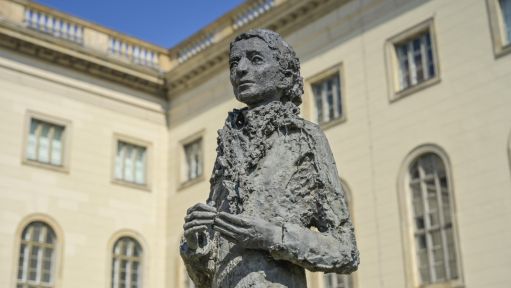
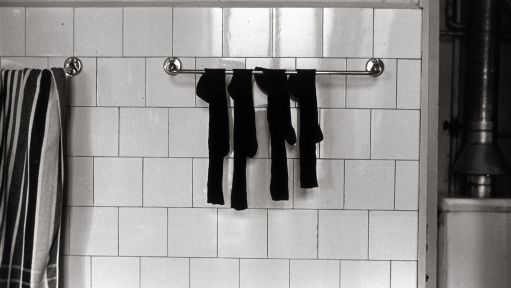
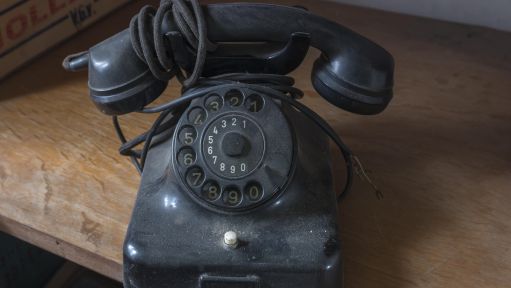
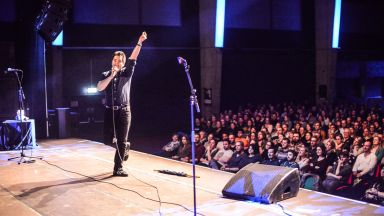
A research topic, a lecture and an audience in search of inspiration. Curtain up for the Science Slam!
Find out moreFirst a coincidence, now a mission
However, the desire to share knowledge is not his only motivation. Jacob believes that it is important that science remains independent and free. “Many of the great inventions we benefit from today were not developed deliberately but are the result of flexible creative processes,” he explains. For Jacob, academic freedom means that researchers can work independently, without any restrictions due to political or business-related interests.
This freedom that is firmly established in a democratic society such as Germany, was a decisive aspect to Jacob when he started his career, wanting to focus on the things his community is interested in, free from any external influences. “When I do research for my YouTube videos, the most important point is that I want the topics to be of value to the community and to society,” he says.
Science is not just a personal passion for Jacob Beautemps but an essential element of society. He has a clear message: “It is worthwhile to fight for academic freedom. After all, this is the only way we can achieve the progress we need to master future challenges.”
It is worthwhile to fight for academic freedom. After all, this is the only way we can achieve progress.
Protecting academic freedom requires a great deal of communication and international exchange, Jacob points out. He believes that this is where one of the greatest current challenges lies, when it comes to fighting the distribution of misinformation. The risk posed by disinformation is intensified by the speed at which information is nowadays shared via social media and by an increase in the use of artificial intelligence (AI). Media literacy is key here: “As a society we must learn how to use our media without falling for fake news all the time. This is still a major problem of science communication,” Jacob explains. He has no doubt that academic freedom must be protected not only through political measures but also through education and media literacy. This is essential to allow society to benefit from free research also in the future, he says.

